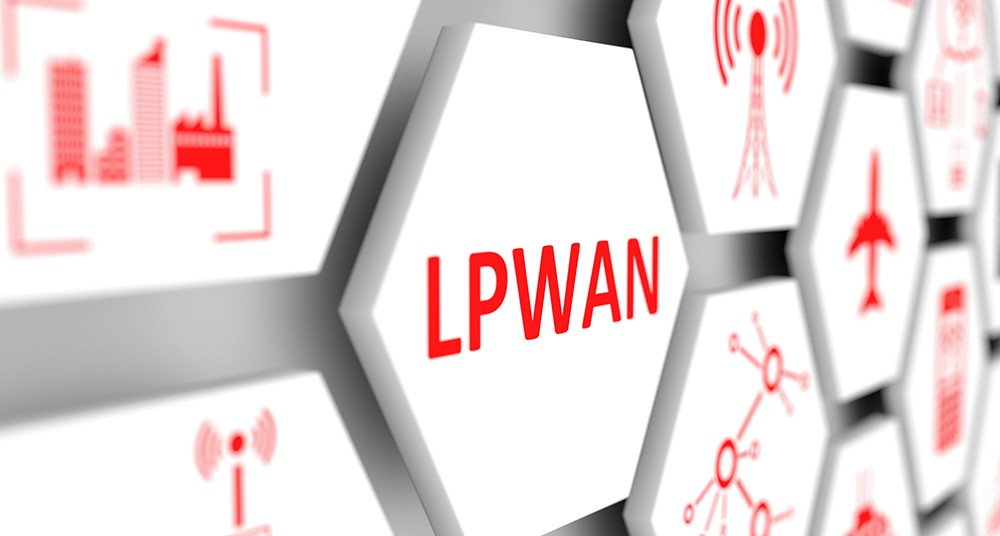
On the heels of announcing a $16M investment round, and as the growth of LoRaWAN networks continues to skyrocket, Senet, a pioneer in LoRaWAN technology and provider of cloud software and services, announced they have received two US patents - one for its “IoT Network Controller / Server” and the other for its “System and Method for Low Power Wide Area Virtual Network for IoT.”
Both patents are designed to protect the work Senet is doing to facilitate the deployment of cost-efficient Low Power Wide Area Network connectivity, which utility companies and others in the US, Europe, India, and other regions use to instrument and manage their physical assets.
?The United States Patent and Trademark Office has issued US Patent Number 10,735,521 entitled “IoT Network Controller / Server” and US Patent Number 10,778,752 for LVN technologies entitled “System and Method for Low Power Wide Area Virtual Network for IoT.”
According to research firm IoT Analytics, LPWAN sensor-enabled devices are estimated to grow 51 percent between 2019 and 2025 and exceed 2.7 billion by 2025. IoT solutions using LPWAN connectivity span several markets with smart metering for water and gas utilities representing the largest segment, followed by supply chain logistics, asset tracking, smart cities, and buildings and infrastructure, as noted by IoT Analytics in their LPWAN Market report 2019-2025.
The IoT Network Controller / Server patent challenges traditional telecommunications infrastructure and is fundamental to Senet’s own cloud-based operating system built to support very high scale implementations. The architecture is optimized for network operators and solution providers and is being used by Senet to manage the largest public carrier-grade LoRaWAN network in the United States.
“These significant achievements by the Senet team illustrate our long-standing commitment to delivering innovation and reducing the barriers to success for organizations across the IoT ecosystem,” said Dave Kjendal, CTO and COO at Senet. “Enabling IoT connectivity with less overhead and no boundaries offers end-user customers across markets the opportunity to increase efficiencies, lower costs, and provide new and enhanced services, delivering on the promise of the Internet of Things.”
Earlier this year, Senet announced progress in designing, constructing, and operating smart meter networks for municipal water utility districts across North America. Over the past twenty-four months, the company designed LoRaWAN networks for water metering and Advanced Metering Infrastructure (AMI) projects representing millions of households.
“Our Network-as-Service offering and other flexible network deployment models enable meter manufacturers and AMI solution providers to facilitate the modernization of the water delivery infrastructure and deliver cost-saving and new services to their customers through enhanced distribution and consumption data,” said Bruce Chatterley, CEO at Senet. “Through a combination of advanced metering technology and cloud-based network management solutions offered by Senet and our metering partners, utilities can focus on their core business and recognize the full value of AMI without the operational burden of building and maintaining the system infrastructure.”
The company more recently announced its CTO; Dave Kjendal has been named to the Board of Directors of the LoRa Alliance. Regarded as one of the leading technologists in the Low-Power Wide-Area Network (LPWAN) market, Kjendal has helped define the technical and business direction of Senet since 2014 and has been a highly active leader within the LoRa Alliance since Senet became a Founding member in 2015.
“I’m excited to be joining the Board of Directors of the LoRa Alliance at a point when IoT in general, and LoRaWAN in particular, are experiencing significant growth potential,” said Dave Kjendal, CTO at Senet. “I look forward to collaborating closely with the other board members to continue the progress made by the LoRa Alliance and to facilitate and enhance openness, interoperability, and compatibility throughout the entire LoRaWAN ecosystem.”
Operating as the global association of companies backing the open LoRaWAN standard for low-power wide-area networks, the LoRa Alliance is one of the largest and fastest-growing alliances in the technology sector. Since its inception, Kjendal has contributed significantly to the development of the LoRaWAN standard within the LoRa Alliance, assuming Chair and Co-Chair roles on the Strategy Committee and Regional Parameters Working Group, and taking active roles on the Technical Committee, Certification Committee, Regulatory Working Group, and the Security Working Group, among others.
Arti Loftus is an experienced Information Technology specialist with a demonstrated history of working in the research, writing, and editing industry with many published articles under her belt.Edited by
Ken Briodagh





